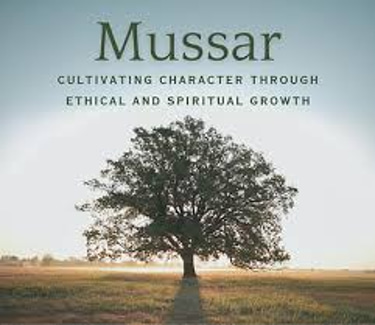How to Practice Faith
Practicing faith is a deeply personal journey, and it can look different for everyone depending on their beliefs and traditions. Here are some general ways to practice faith, which can apply to various religious or spiritual practices:
1. Prayer or Meditation
Prayer: If you're religious, praying is a common way to connect with your faith. This can involve thanking a higher power, asking for guidance, or simply sharing your thoughts and feelings.
Meditation: Even outside of religious contexts, meditation can help deepen your connection to your faith. It’s a time for reflection, quieting the mind, and being present.
2. Study Sacred Texts or Teachings
Reading Holy Scriptures: Whether it’s the Bible, Quran, Torah, Bhagavad Gita, or other spiritual texts, studying these writings can strengthen your understanding and practice of faith.
Reflect on Teachings: Many faiths have teachings or philosophies that can be explored, such as ethical guidelines or life lessons. Reflecting on these teachings can help integrate them into your life.
3. Community Worship or Fellowship
Attend Religious Services: Participating in community worship can be a powerful way to practice faith. Many people find strength and support in connecting with others who share similar beliefs.
Join a Faith-Based Group: Faith-based study groups or prayer circles are great ways to build relationships and encourage spiritual growth together.
4. Acts of Service
Helping Others: Many faith traditions emphasize kindness, compassion, and service to others. Volunteering, offering help to those in need, or simply being kind can be an expression of your faith.
Living Your Faith: Put your beliefs into action through your everyday interactions, whether that’s being patient, practicing forgiveness, or showing empathy.
5. Living with Integrity
Make Ethical Choices: Practicing faith often involves aligning your actions with your values. This could mean making moral choices in your personal, professional, and social life.
Strive for Personal Growth: Faith can guide you toward growth, transformation, and the pursuit of virtues like humility, patience, love, and justice.
6. Gratitude
Thankfulness: Practicing gratitude is a way to acknowledge and appreciate the blessings in your life. Regularly taking time to thank a higher power or simply appreciating life can deepen your faith.
Count Your Blessings: Even in difficult times, acknowledging the things you’re thankful for can help you maintain a sense of faith and hope.
7. Rituals and Traditions
Observing Religious Holidays: Many faith traditions have specific holidays or sacred days for reflection, worship, and celebration.
Personal Rituals: This could be lighting a candle, fasting, taking a walk in nature, or any act that helps you feel spiritually connected.
8. Trust and Surrender
Let Go of Control: Faith often involves trusting that things will unfold in the way they are meant to, even when things are uncertain.
Surrendering to a Higher Power: This might mean giving up the need for absolute certainty or control and allowing your faith to guide you through difficult situations.
9. Journaling and Reflection
Keep a Faith Journal: Write about your experiences, prayers, or reflections. Journaling can help you process your thoughts and emotions, especially when you’re facing challenges.
Self-Examination: Reflect on your actions, thoughts, and behaviors to see how they align with your faith and where you can improve.
10. Practice Patience and Persistence
Faith in Action: Faith is often about persistence even when things are difficult. This could be through trust, patience, or holding onto your beliefs through uncertain times.
Ultimately, practicing faith is a journey that requires commitment, openness, and patience. It’s okay to struggle, question, and evolve as you walk the path of your beliefs. What’s most important is finding a way to practice that feels authentic to you.
Ethics
Explore spiritual growth through Mussar practice today.
© 2024. All rights reserved.
